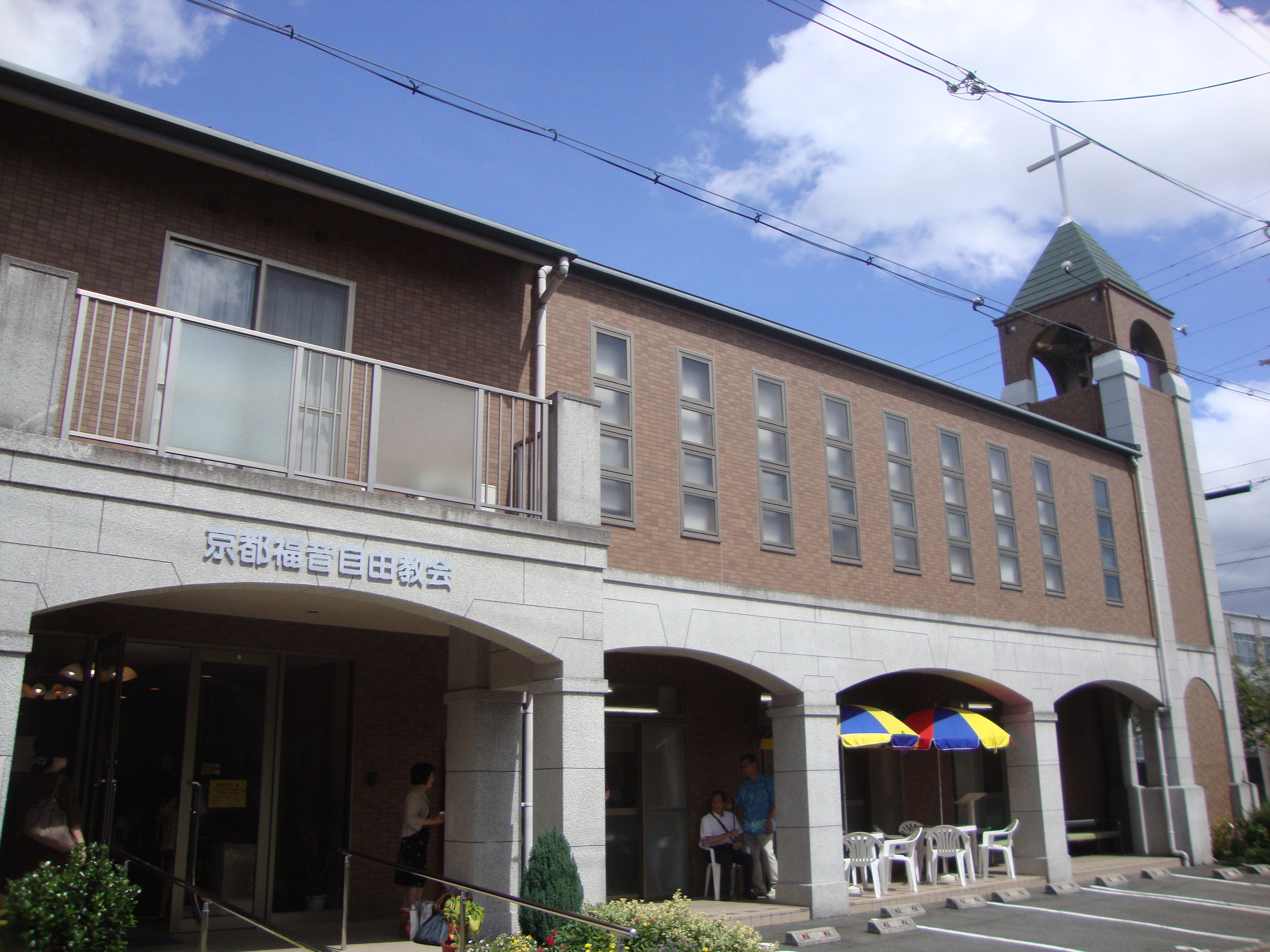Over the past two months, I have been volunteering as an Assistant Language Teacher at Ohara’s joint Elementary and Middle School. I have had experience being a teacher’s aide before, but my experiences at Ohara have differed greatly from what I expected going into the position. Indeed, rather than being an assistant, I actually conduct most of the classes while the Japanese teachers I work with stand off to the side. As a result, the teachers tend to address me as their equal when speaking to me, and the students all know me as “sensei.” Now when I’m spotted in the hallways, I’m greeted by heartwarming choruses of 「ロスリン先生」or “Hello!”
We have had many fun times together, and I will be walking away from this experience with some very interesting anecdotes. For example, when I first introduced myself to the fifth grade class, I told the students that I have two younger brothers (in English). When one of the Japanese teachers asked「ロスリン先生が言った事分かった?」(if anybody understood what I had just said), one boy confidently exclaimed 「分かった!」(that he did). When prompted to explain what he had heard, he replied 「子供二人いるって」(She says she has two kids!). During another class, when I asked one boy what his favorite sweet is, he managed to say “my favorite sweet is” before a troubled expression overtook his countenance, and he fell into deep thought. As I waited expectantly, he cradled his head and muttered「チョコレート」over and over again before finally raising his head and asking, “Teacher, what is チョコレート in English?”
While I have only grown more and more fond of this school and its children, thoroughly enjoying the school lunches we’ve eaten together, the English lessons and accompanying games, as well as the few times I’ve been able to join the kids out on the playground after class, I have come to a rather alarming observation. Oftentimes, it seems that the ninth graders at Ohara barely surpass their third grade peers in terms of spoken English level. In fact, the younger the kids are, the more enthusiastic they seem about learning English and the harder they try. Additionally, I am often asked to teach two different grade levels with extremely similar lesson plans. When I suggest what to me seems to be a simple addition or change to what the students have been learning for at least weeks already, the teacher I work with usually questions whether or not it is too difficult for the students. For example, I have basically been teaching the following phrases to students ranging from first to fifth grade during my time at Ohara:
Q: “What’s your favorite _________?” OR “What _______ do you like?”
A: “My favorite _______ is ______.” OR “I like _______.”
The question is quite standard and has always been about either foods or animals, but I realized that the first answer needed an additional word to be correct—namely, “the.” However, after I convinced the teacher I work with to try to teach the kids to say “my favorite animal is the _______,” I was surprised in class to find that the students really did struggle with this one extra sound. In fact, I wonder if these words are all mostly nothing but sounds to them, for without prompting from the teacher, second graders and fifth graders alike have not been able to remember how to phrase a question in this manner. Thankfully, in this respect, I have seen that the ninth graders have much stronger grasp of basic English grammar structures and vocabulary.
While no teacher can force a student to be interested in learning a foreign language, I do wonder whether or not teachers are being too soft on their students in terms of English education in Japan. The fact that there seems to be a lack of a permanent teacher highly proficient in English at my particular volunteer location must make English education even more difficult, and I have come to understand why the teachers I work with all insist that I speak nothing but English around the children. For them, it really is an important opportunity to gain exposure to a native English speaker and for at least once a week, have a taste of being in an “English speaking environment.” However, the vast majority of the students I’ve met have chosen to rely on their Japanese teachers’ translations of my English rather than making an attempt to listen and decipher for themselves. I only regret that once a week for an hour at most with a couple of grades is simply not enough to give these kids a better learning opportunity, but they are all bright young children, and I hope that the right opportunities will come their way sooner or later.
As for me, I am nothing but grateful for having had this opportunity, which seems to have broadened my love for children of all ages. I had come in thinking that I could only enjoy teaching middle school students, but by the second week at Ohara, I had come to love a wide range of elementary school kids as well. Though it may seem a trite phrase by now, my experience at Ohara has taught me once again to never say never (except for the two times you need it to say the actual expression)!

